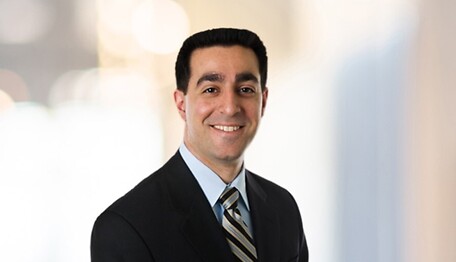Supreme Court of Pennsylvania to Evaluate Seminal Roverano Decision
Due to the groundbreaking nature of the Superior Court of Pennsylvania’s opinion in Roverano v. John Crane, Inc., it is unsurprising that the Supreme Court of Pennsylvania has now agreed to review the Fair Share Act’s impact on strict liability apportionment. Just recently, the Supreme Court granted a petition for allowance of appeal in Roverano to expressly consider the Superior Court’s determination that the Fair Share Act requires apportionment of strict liability on a percentage basis as opposed to the traditional per capita basis. Although the context of that case is specific to asbestos litigation, it is not difficult to foresee the Supreme Court’s ultimate determination in Roverano setting a precedent for other types of strict liability claims.
As previously reported, the Superior Court’s opinion in Roverano represented a considerable shift away from the principles of joint and several liability, which the Fair Share Act sought to (almost fully) extinguish. Should the Supreme Court uphold that decision or, even more significantly, explicitly extend it to strict liability matters in general, it would meaningfully alter the landscape of strict liability matters and their underlying proofs. The concept of comparative causation would transfer from its customary place in negligence actions and juries would need to allocate individualized shares of causal responsibility to strictly liable defendants. The impact that such a ruling would have on the development of such cases – e.g., introducing a new domain for experts to address, or altering settlement considerations due to causation challenges – cannot be overstated.
On a related note, the Supreme Court will also review, as a matter of first impression, whether the Fair Share Act requires juries to consider evidence of settlements by plaintiffs with bankrupt entities in connection with the apportionment of liability among joint tortfeasors. The implications of this ruling on parties’ prospective settlement decisions could also be wide-reaching.
With such significant stakes, the Pennsylvania Bar waits with bated breath while the Supreme Court comes to a full and final conclusion on the legacy of Roverano.
If you have questions or would like additional information, please contact David R. Zaslow (zaslowd@whiteandwilliams.com; 215.864.6844) or Mark Paladino (paladinom@whiteandwilliams.com; 215.864.6817).
PRACTICE AREAS
KEY ATTORNEYS
-
Partner
-
Partner


